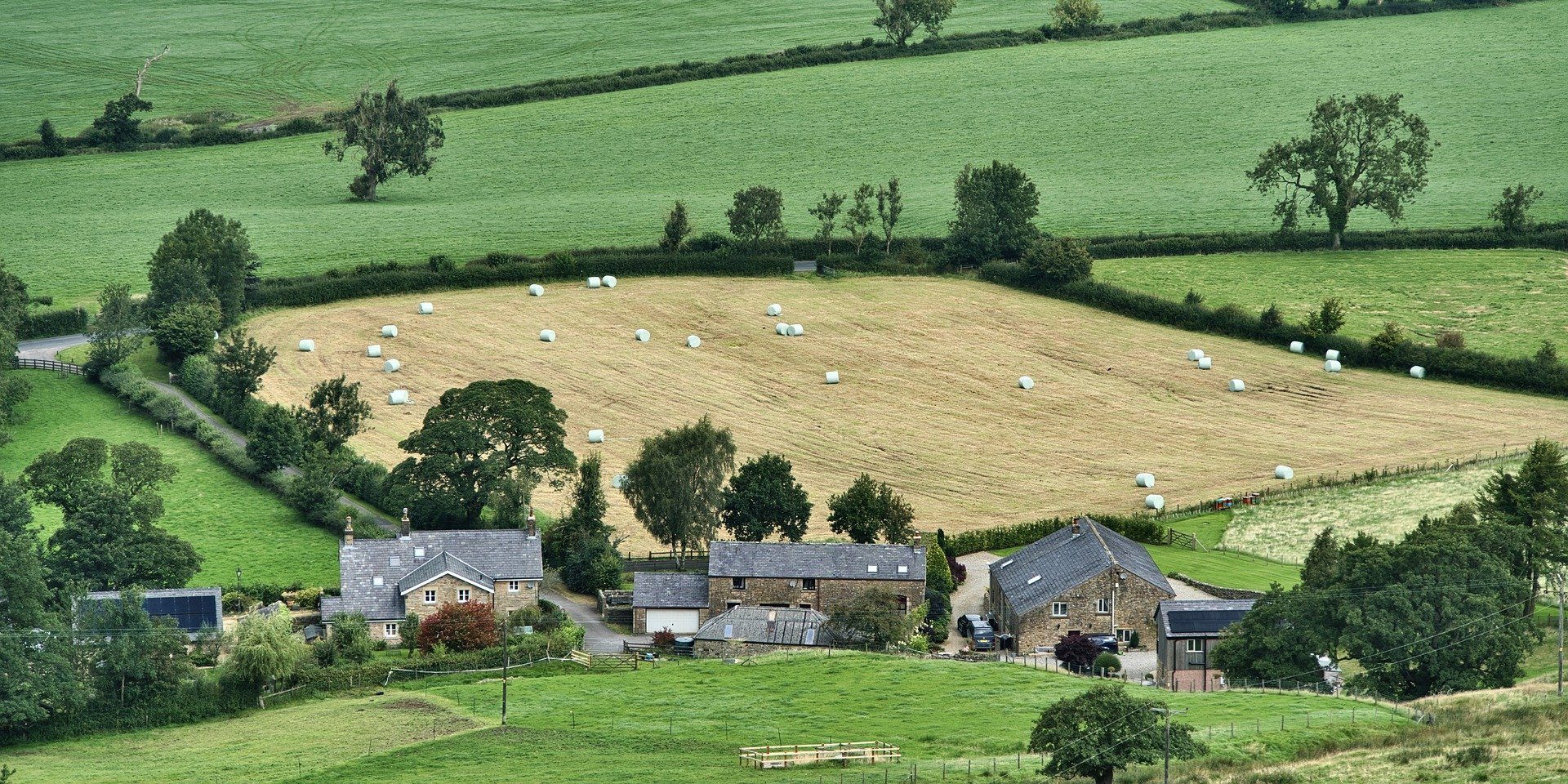- by
5 things farmers can do to help mitigate the impact of Labour’s autumn budget
Jason Crocker, Solicitor in Penderlaw’s Wills, Trusts and Probate team discusses the options available to farmers to mitigate the impact of Rachel Reeves’ autumn budget and to try to preserve their assets for future generations.
Farmers were undeniably in the firing line of Rachel Reeve’s autumn budget. Her plans to change inheritance tax rules in relation to farms from 2026 shocked farmers across the country and has created a great deal of worry, not to mention anger at the prospect of farms having to be broken up in the future and land sold in order to meet inheritance tax bills, rather than being passed on to the next generation.
Anger amongst the farming community has grown to such an extent that thousands of farmers are expected to attend two mass lobby events in London on Tuesday November 19 to demonstrate their strength in feeling towards the Chancellor’s autumn budget changes to Inheritance Tax.
In these challenging times, we thought it would be useful to highlight some positive action you can take to there to mitigate the blow of the recent budget to some extent.
A summary of the changes
Farmers have for many years been able to pass on their farm business and related property of any value to the next generation without paying inheritance tax, but from April 2026, this will no longer be the case.
From April 2026, only assets (including land and buildings) up to £1m will be tax-free. Assets above this threshold that historically benefitted from agricultural relief will qualify for 50% tax relief from the standard 40%, resulting in an effective 20% tax charge on assets above £1m.
With the average value of farmland being over 9,000 per acre* and the average farm size being 217 acres**, it is easy to see how many farms are likely to be worth significantly more than the £1m threshold and will therefore fall within the new rules to become liable for IHT.
Reducing the IHT liability of your farm
Despite all the doom and gloom farmers are understandably feeling about the repercussions of this budget, there are some ways to at least reduce your farm’s IHT liability. So, what positive action can you take to try to ensure that your children benefit from the hard work you have put into your farm, rather than HMRC?
1. Make the most of allowances for married couples
If you and your partner are married and run your farm together, you can take advantage of the married couples tax allowance. Not the most romantic view of marriage perhaps but a very useful one! If you choose to split the ownership of the farm in two, you in effect double the amount of agricultural property relief to £2m. There is also another £500,000 for each spouse if a property is involved.
2. Make a Will
The simplest and probably most effective way to begin your Estate Planning process to reduce your IHT liability is to make (or update) your Will. Making a Will allows you to choose how your assets will be managed on death, allowing you to plan for and minimise your inheritance tax bill.
3. Start giving it away before you die
This seems to have escaped Ms Reeves scrutiny for the present. It may not be possible for you to do if you require the capital for the running of your farm business, but it is currently possible to reduce your IHT liability simply by giving away money and / or assets during your lifetime, rather than in your Will after your death. These are referred to as Lifetime Gifts. You can read more about this in our blog on the subject here.
4. Insurance against IHT liability
It is possible to insure against IHT. It might sound a strange concept to the lay person, but insurance is available to cover inheritance tax liabilities. This type of insurance is commonly referred to as ‘Whole of life insurance’ and sometimes as ‘Life assurance’. As the name suggests, it provides coverage for the insured’s entire life. When the insured person dies, their beneficiaries receive a lump sum which can be used to pay off debts (including IHT), or left as an inheritance. Whole life insurance tends to be more expensive and complex than term life insurance as it is more complex, but it could provide the peace of mind you are looking for to be sure the next generation will be able to inherit what your have worked so hard to create.
5. Set up a Trust
Trusts come in for bad press as being expensive and complicated, but they can prove to be an effective tool in Estate Planning, and to reduce IHT liability. Often thought as the preserve of the super-rich, this is actually not true. As assets in a Trust are technically no longer yours, they are not included within your IHT. Our blog on Trusts goes into further detail here.
Get in touch
If you would like to speak to our friendly and experienced team about what you can do to try to mitigate your farm’s IHT liabilities following Labour’s autumn budget, we would be pleased to hear from you. You can call us on 01872 241408 or email info@penderlaw.co.uk







